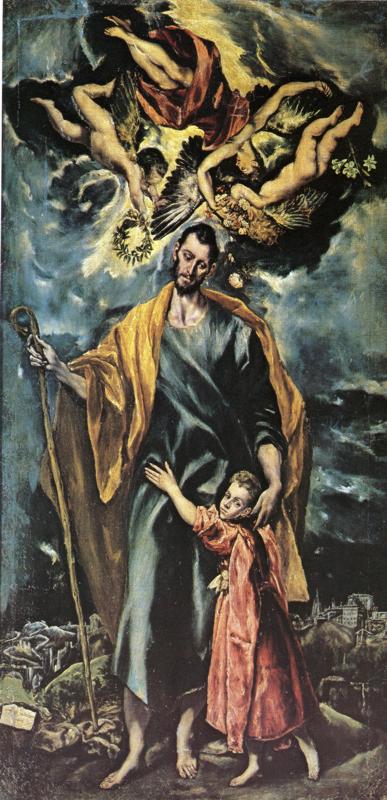
I referred in a previous post to Pope Benedict's recent 'lection divina' to the priests of Rome, in which he reflects on the nature of the priesthood in the light of the Letter to the Hebrews. In one point during the meditation he touches on the Church's anthropology, her understanding of what it is to be human:
.
'[...] the priest must be man, human in all senses. [...] the question of "what man is" is obscured by the event of sin that hurt human nature even to the quick. Thus people say: "he lied" "it is human"; "he stole" "it is human"; but this is not really being human. Human means being generous, being good, being a just person, it means true prudence and wisdom.'
Sin never makes us more human, as the Pope emphasises, but rather it makes us less human. How can this be so? Well, we must understand humanity in the Thomistic sense as having a nature and purpose given it by God. What are we here for? To know, love and serve God, and to be happy with Him. If we are sinning therefore - not knowing, loving or serving God - we are falling short of our natural purpose, and therefore falling short of our humanity.
There is indeed another common understanding of human than the one used to excuse sin. People often say as a compliment of a person that 'he is a true human being', meaning, he has a heart, he understands people, he is compassionate. This is what the saints were, themselves examples of true humanity, not staid and boring and plasticine like some depictions of them in convenional art, but radiating the beautiful life of God which we are all called to share in. Maybe we can keep this in mind as we persevere in our lenten penances, knowing that the closer we come to God the more free we are to be who we were really created to be.






